It happened in August. Motorists suddenly found pump prices of diesel were falling more steeply than those of unleaded. By the end of the month the unthinkable had happened on many forecourts diesel was actually cheaper than petrol. For some of the millions of today’s diesel drivers this felt like the first time ever.
And even the few of us who’ve been around too long had also forgotten when we’d last seen this although for the record, it was back in 2001.
So lower prices for ordinary consumers, lower costs for road hauliers, coach and taxi operators. Lower stockholding and transaction costs for petrol retailers: a fall of 10p a litre in cost price at a typical site can reduce the amount of cash tied up in stock by around £3,000 straight away. Good news all round, surely? Well yes sort of. Although the public weren’t aware of it, wholesale prices of diesel had been falling relative to petrol since the spring. At various times between April and August the delivered prices for each had been virtually identical even if the pump prices weren’t.
For many small independent dealers this gave some much-needed breathing space. Headline petrol prices might have been falling and making everyone look good even though margins were being squeezed. If they could keep charging the usual few pence extra for diesel, nobody would notice and the dealer could at last make a bit of much-needed ’extra’ profit on a sizeable chunk of their volume. So while retail margins on petrol were hovering around 3ppl, we were seeing margins of 7-8ppl on diesel, and even more on the premium grades. The sun shone and the dealers were happy for a while. Then someone had to spoil it. Almost inevitably, it was a supermarket. Now in the autumn, most people are happy with the novelty of cheap diesel, but for quite a few small dealers it’s back to trying to survive in the old dog fight.
One bad apple
A petrol forecourt is raided by Immigration Enforcement officers who arrest a member of staff for alleged employment status irregularities. The site operator faces the prospect of a £20,000 fine if they’re found to have broken the law concerning statutory pre-employment checks. The Immigration Service, like their colleagues in HMRC, always seem keen to publicise such events as widely as possible presumably to act as a deterrent to others.
We’ve covered the financial penalties of non-compliance with various aspects of employment law in the past on these pages (employment status, Minimum Wage and Auto Enrolment) and it may be appropriate to re-visit some of those areas again some time soon. But this case leads to another train of thought.
If there’s one thing we’ve picked up in our years of involvement with oil companies, the hospitality sector and the franchise industry, it’s the basic message that everything must be done to protect ’the brand’.
All of the leading players in those sectors have gone to great lengths to be seen as responsible, law abiding and trustworthy members of the community. Whole forests have been used to print detailed manuals for their networks; countless clauses inserted into their franchise agreements; and teams of internal auditors employed to try and make sure that each individual outlet follows the rules and doesn’t bring any kind of unwelcome publicity which might affect ’the brand’ and hence its other users. After all, if you’re paying a lot of money to acquire a franchise to operate an international fast food name, you wouldn’t want an irresponsible franchisee across town selling the same brand chicken pieces with free maggots, would you?
Back to the petrol forecourt that’s just been raided and has made the unfortunate headlines. In common with much of the industry, it’s run by a self-employed commission operator who’s then responsible for employing the individual staff members. Clearly, if found guilty of employment irregularities a very large fine could put him out of business. Fair enough, the legal liability is clear and the buck stops at a low level. But what about ’the brand’? The public potential customers are unlikely to know (or care) about the precise nature of the forecourt operation.
long memories
Commission operators, dealer networks that don’t actually employ those commission operators, and supply agreements aren’t of much interest to most customers; but they will remember for a long time the name of the oil company whose name is on the pole sign and pumps ’the brand’.
Employment compliance, like any other type of compliance whether that’s stock control, VAT accounting or operating standards can be out-sourced and/or audited by specialists to ensure that the people at the sharp end are adhering to both statutory requirements and the standards expected by ’the brand’ owner.
In this instance it’s employment legislation; in other cases the bad headlines have come from forecourt shops selling illicit imported tobacco or VAT accounting issues.
The same explanations that the people caught breaking the rules are self-employed so the responsibility stops with them may apply almost every time but only get reported in the small print. Lawyers sometimes talk about ’substance over form’. If the forecourt industry keeps generating the wrong headlines there’s a chance that at some point the powers that be will start asking why network owners aren’t taking steps to eliminate the bad apples, or at least monitoring what their army of self-employed operators are doing out of what are, after all, company-owned business premises.
Despite their hurry to exit retail, oil companies still spend large sums differentiating themselves and promoting their brand. Being one or two degrees removed from the forecourt may make some business sense, but it leaves their last valuable commodity in the hands of individuals who they don’t directly control or even monitor. When things do go wrong, the damage is ultimately to their brand.






















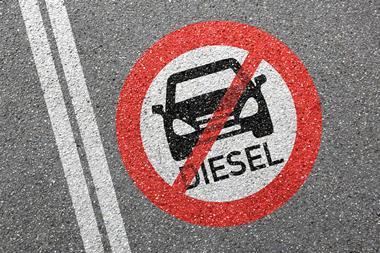
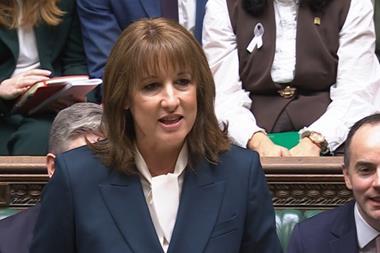
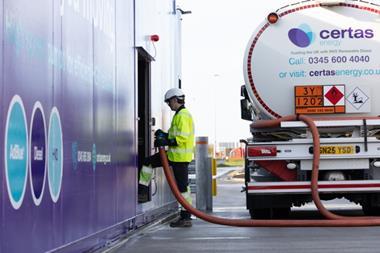
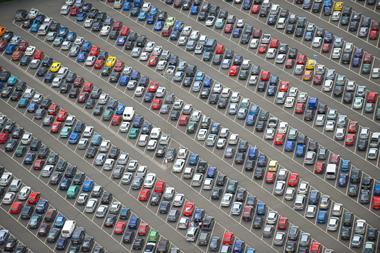
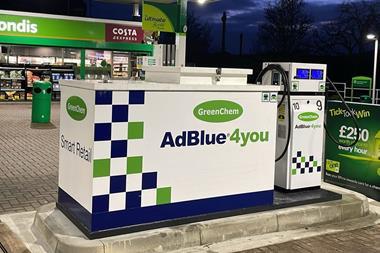






No comments yet